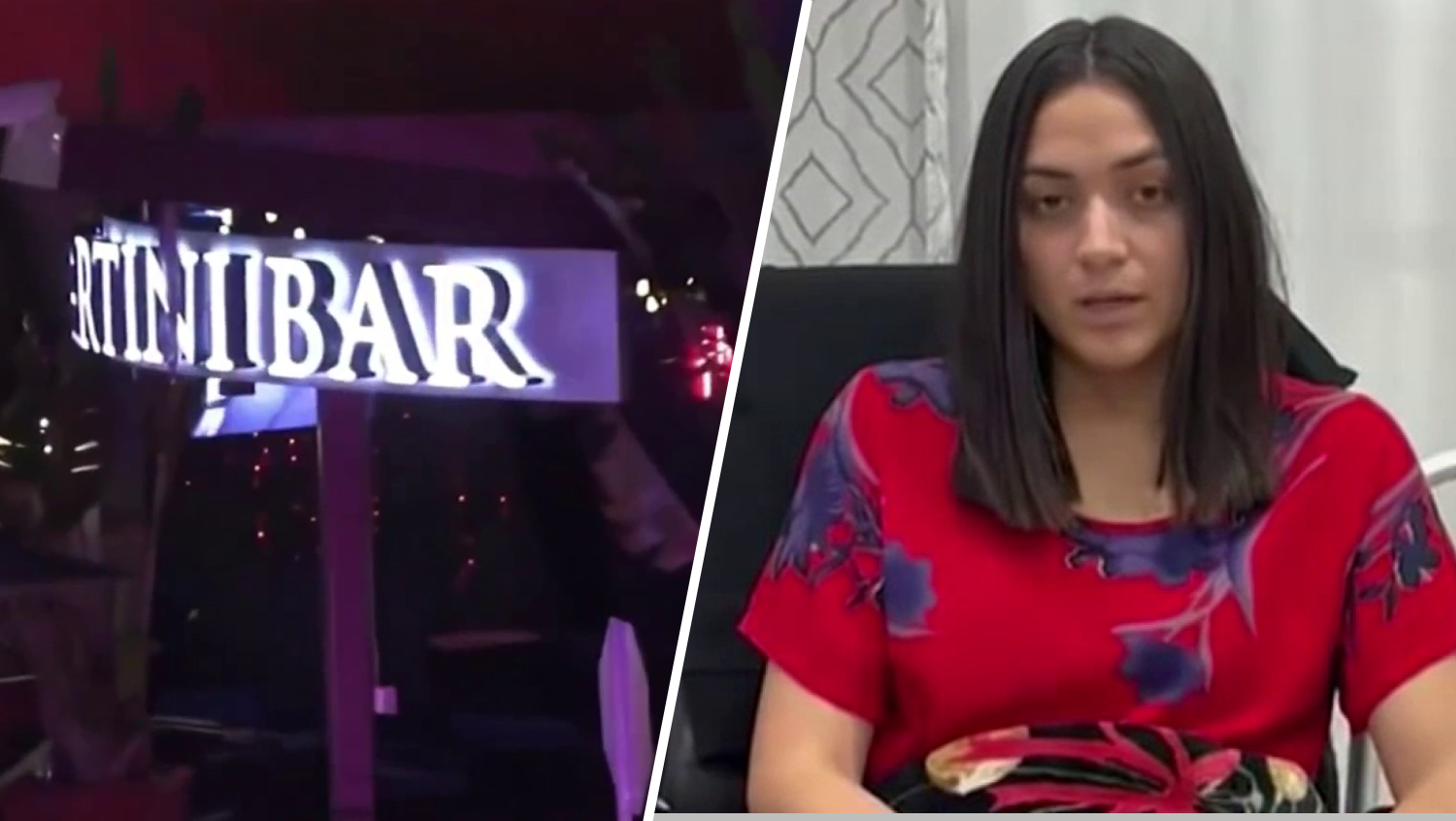Miami-Dade chemistry students work busily in a lab in Homestead. They hope their work changes the world. They're trying to recreate the active ingredient in marijuana, without its effect of making people high.
"It's amazing knowing we're able to tweak a molecule and make it so that people can use it for everyday use," said Joy Barnes, Miami-Dade College student.
Creating the medicines of the future, big aspirations for any student, and many of these students are still working on their associate's degrees.
"It's very exciting and we look forward to working with collaborators who might test these molecules in animal systems or cell systems," said James Ley, MDC chemistry professor.
Research is growing at Miami-Dade College, because the federal government has given the school about $5 million over the last five years to do research that will encourage more students to pursue science. More than 20 research projects are going on now.
MDC said it will get at least $5 million more to support science research and education over the next five years.
"Before I started doing research, I did not want to go into science. After working with it, science has become my everyday. It's very personal," said Gabriel Pacareu, MDC student.
Local
Pacareu is referring to MDC chemistry professor Isaiah Urhoghide. The two are trying to develop a cheap filter for contaminated water using shredded corn cob.
Pacareu said he knows how great clean water is internationally. He remembers boiling water in Cuba to make it drinkable, "Our purpose is to help society and every underdeveloped country."
And doing science instead of reading about it is improving test scores, according to Ley.
"All of my students score higher than the national average, part of that is because of the way we've infused undergraduate research into the curriculum."
Faculty members said the research will make students more marketable.
"I love the fact that it's going to be on my resume, that I've had so much exposure in just chemistry and science itself," Barnes said.
It could take years to find out if this research will turn into viable products, but students said it's already helped them uncover their real passion.
"I stepped into the research lab with Dr. Ley and I was like, 'This is what I want to be. This is what I want to do the rest of my life,'" said Laura Leyva, MDC student.



